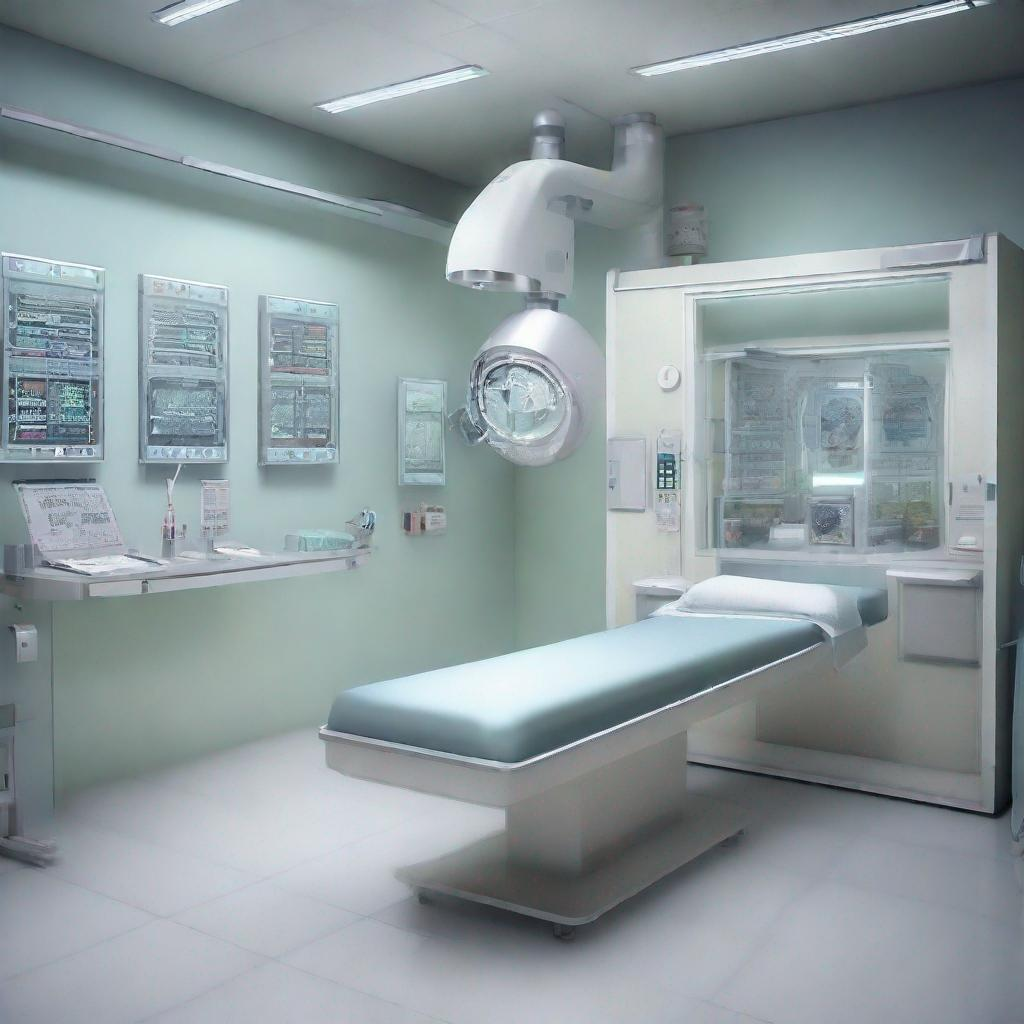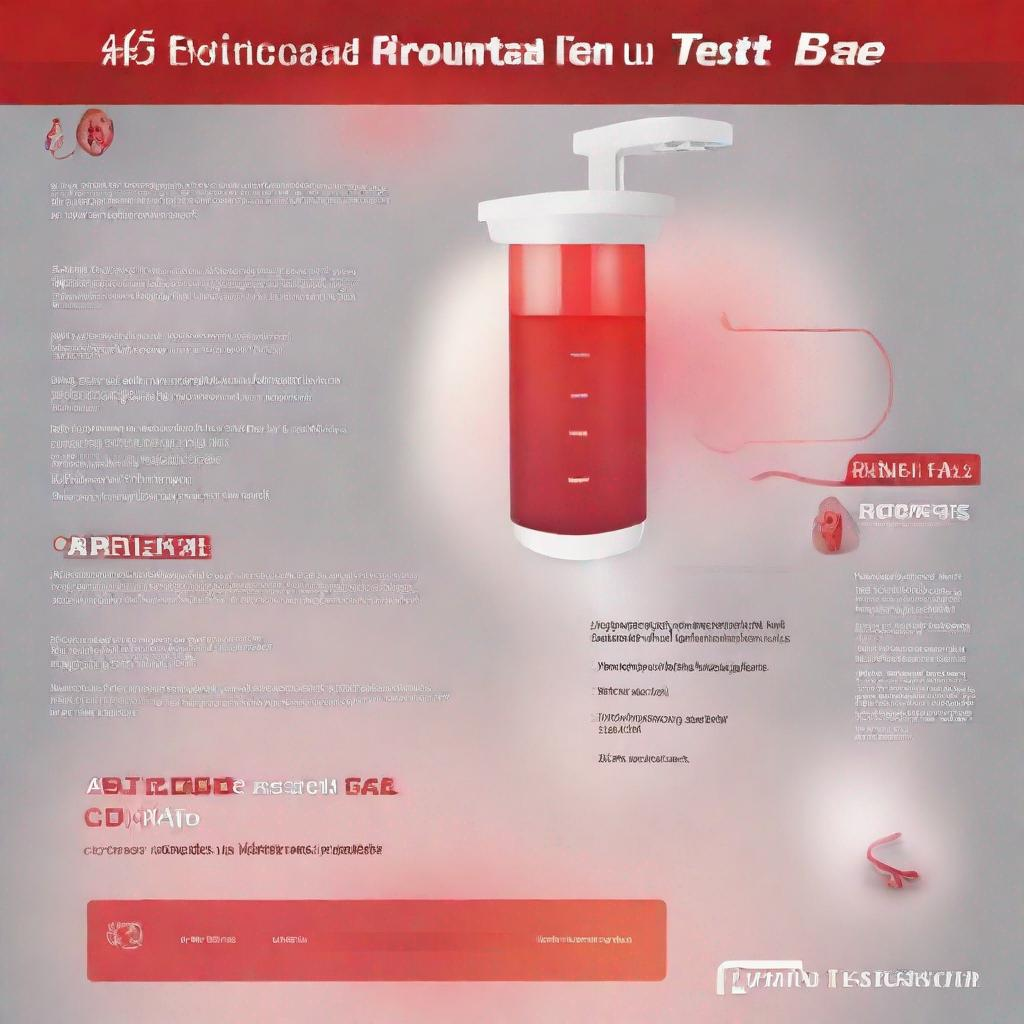## Nuclear Medicine: A Comprehensive Guide
**Introduction**
Nuclear medicine is a branch of medicine that uses small amounts of radioactive substances, known as radiopharmaceuticals, to diagnose and treat a wide range of diseases and conditions. These radiopharmaceuticals are injected into the body or ingested orally, and they emit gamma rays that can be detected by special imaging devices.
**Procedure**
Nuclear medicine tests typically involve the following steps:
* **Administration:** The radiopharmaceutical is injected intravenously or orally.
* **Imaging:** The patient is positioned under a gamma camera, which detects the gamma rays emitted by the radiopharmaceutical.
* **Interpretation:** A physician specializing in nuclear medicine interprets the images to identify any abnormalities or disease processes.
**Diagnosis**
Nuclear medicine tests can help diagnose various conditions, including:
* Cancer detection and staging
* Cardiovascular disorders
* Endocrine disorders
* Gastrointestinal disorders
* Infectious diseases
* Neurological disorders
* Pulmonary disorders
* Renal disorders
**Importance**
Nuclear medicine tests provide valuable information that can assist in diagnosing and managing diseases more effectively. They offer insights into the function and structure of organs and tissues, helping physicians tailor treatment plans and monitor treatment response.
**Alternatives**
Alternative tests or procedures for diagnosing the same conditions may include:
* X-rays
* Ultrasound
* Magnetic resonance imaging (MRI)
* Blood tests
* Biopsy
**Preparation**
Before a nuclear medicine test, patients may be instructed to:
* Fast for a certain period
* Avoid certain medications or caffeine
* Inform the doctor about any allergies
**Duration**
The duration of a nuclear medicine test varies depending on the procedure. It can typically range from one to several hours. Patients may need to wait a few days or weeks for the results.
**Recommendations**
Following a nuclear medicine test, physicians may recommend additional tests, such as:
* Biopsy
* Surgery
* Follow-up imaging
* Medical management
Nuclear medicine is a valuable diagnostic tool that plays a crucial role in modern healthcare. By allowing physicians to visualize the function and structure of organs and tissues, it enables more accurate diagnoses and personalized treatment plans.




